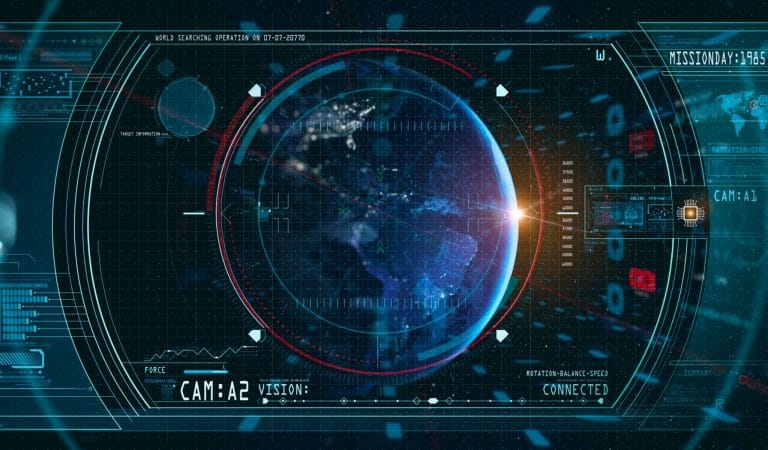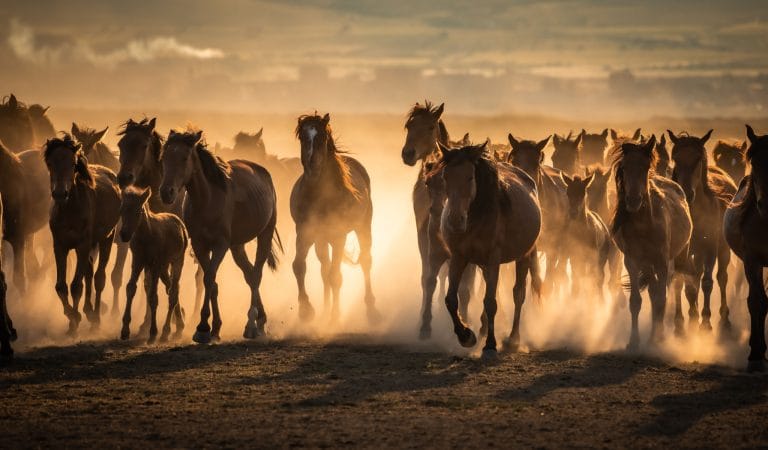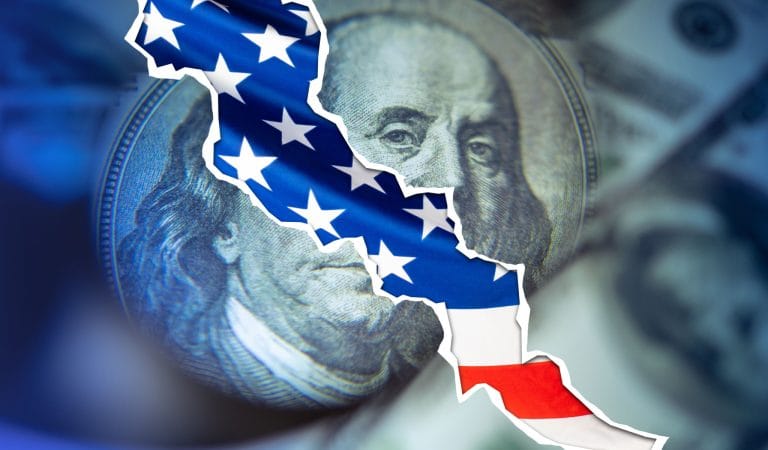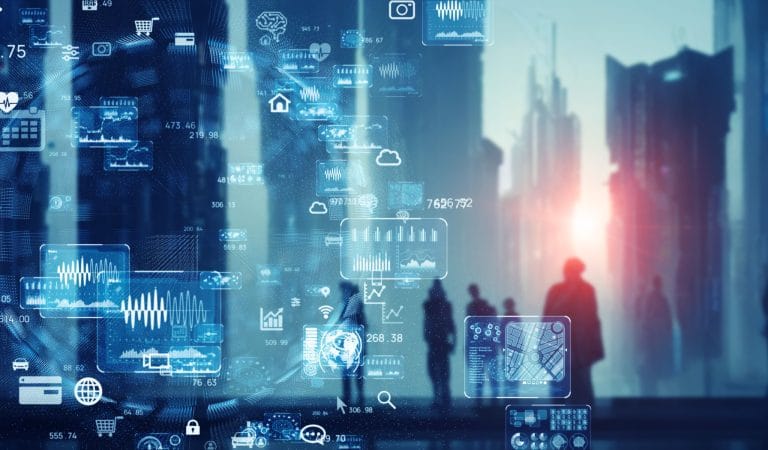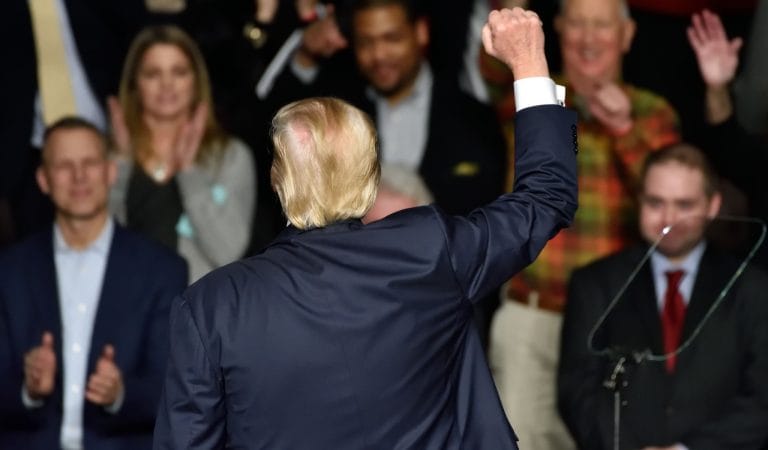Americans Don’t Believe Joe Biden’s Data
It’s progress for mainstream media to even consider the possibility that Americans might have a point when they say things are tough. Still, we’ve got a ways to go until media fully understands how much it has been gaslit by a regime that’s given up on serving the people.
Americans Don’t Believe Joe Biden’s Data Read Journal Article

